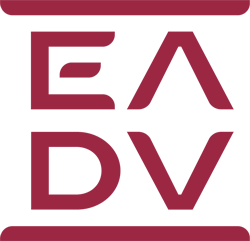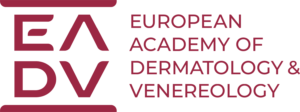Exhibition
The exhibition hall at the EADV Congress serves as a central forum for industry representatives to present their products, services, and research and network with the attending dermato-venereology experts.
Come and visit over 120 exhibitors
As an integral part of the EADV Congress 2025, the exhibition area will take place in Pavilion 7.2.2, level 2, for a total surface of 15’255 m². It will serve as a central forum for industry to network and conduct exchange with the Healthcare Professionals.
Exhibition hours
- Wednesday 17 September 12:00 - 17:30
- Thursday 18 September 9:00 - 17:30
- Friday 19 September 9:00 - 17:30
- Saturday 20 September 9:00 - 12:00
Exhibitors can enter the hall one hour before the indicated time (except on Wednesday morning) and must leave it latest one hour after the indicated time.
Only exhibitor ticket holders have access during these periods.
For special permits please get in touch with [email protected].
Access to the exhibition and company profiles
As a multidisciplinary audience will be attending the congress, the EADV will assign different badges to healthcare professionals (HCPs) and non-healthcare professionals (NON-HCPs).
Access to the exhibition area and company profiles is limited exclusively to healthcare professionals (HCPs). and Non Members (INDUSTRY).
Registration information
All Industry staff must be registered to gain entrance into the Congress venue.
The tickets listed below are exclusively for the staff of the Exhibiting company and the organisers of Industry sessions.
These tickets are not available to the public.
SATELLITE TICKETS
EXHIBITOR TICKETS
INDUSTRY TICKETS
Don’t hesitate to contact us for more information – [email protected]

